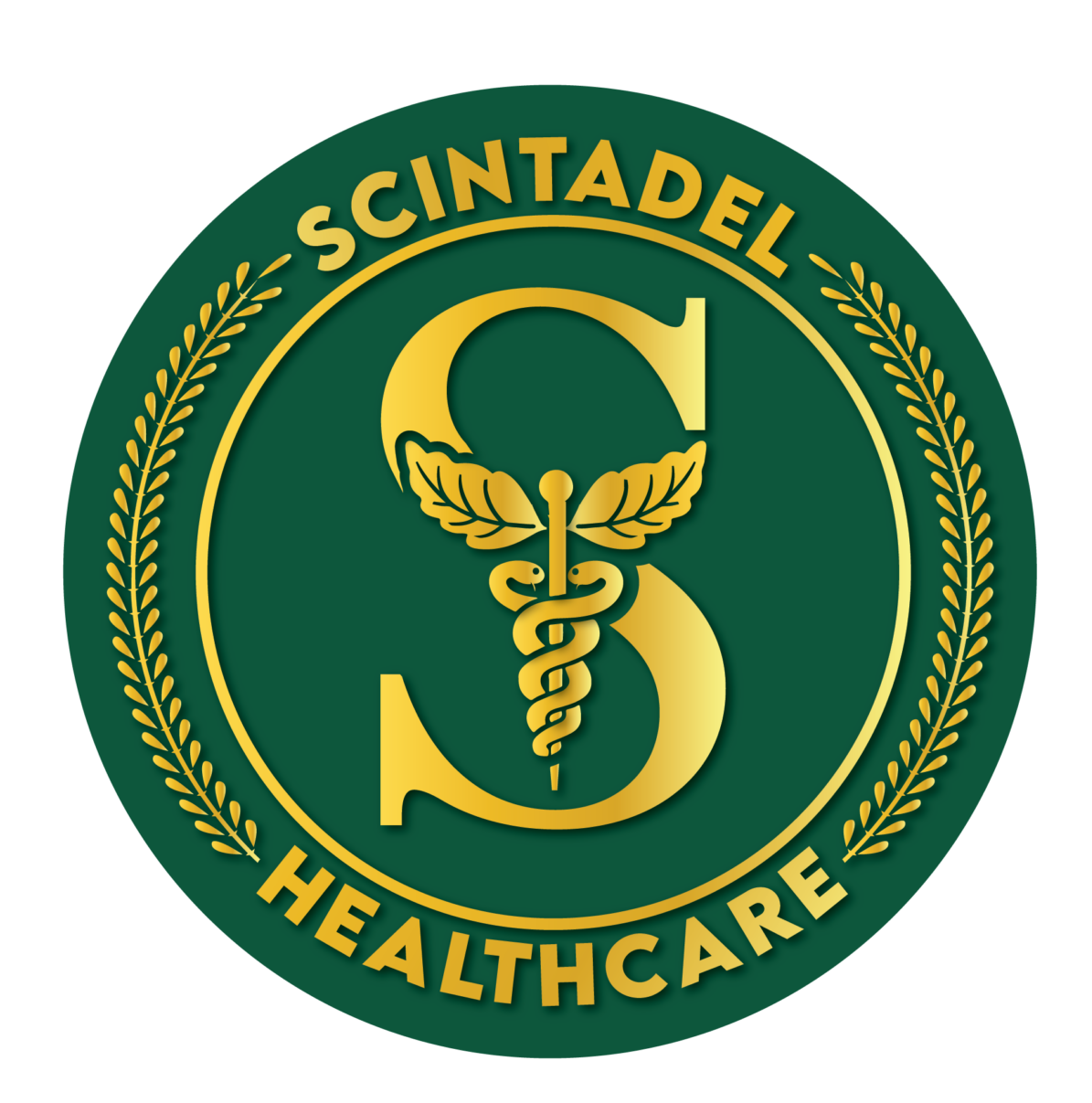
Will You Relapse After Undergoing Addiction Treatment in Los Angeles
Addiction is a chronic condition that can affect anyone, regardless of age, background, or circumstance. While addiction treatment offers hope, many people worry about relapse-returning to substance use after a period of abstinence. The truth is, relapse is a common part of recovery, but it doesn’t mean failure. With the right support, guidance, and tools, you can reduce your risk and build a life free from addiction.
Why Is Relapse So Common After Addiction Treatment?
Relapse is not a sign of weakness or a lack of willpower. Addiction is a chronic, relapsing disease-much like diabetes or hypertension. According to the National Institute on Drug Abuse, 40–60% of people with addiction will relapse at some point, which is similar to relapse rates for other chronic illnesses like asthma or high blood pressure. This happens because addiction changes the brain, making it difficult to resist cravings and manage stress, especially in the early stages of recovery.
Stress, social pressures, mental health issues, and exposure to triggers can all increase the risk of relapse. It’s important to remember that recovery is a journey, not a destination. Setbacks are common, but with each challenge comes an opportunity to learn, adapt, and grow stronger.
What Are the Real Relapse Rates-and What Do They Mean?
Relapse rates can be discouraging, but they also provide valuable insight. Over 85% of individuals revert to previous substance use patterns within one year post-treatment, and two-thirds relapse within weeks of starting addiction treatment. However, these numbers don’t tell the whole story.
Long-term studies show that the risk of relapse decreases significantly after the first year. After two years of recovery, the risk drops to around 40%, and after five years, it falls to just 15%. The type of substance, length of treatment, and presence of co-occurring mental health conditions all play a role in relapse risk. For example, those who complete longer treatment programs (90 days or more) have much lower relapse rates than those who leave treatment early.
Why Does Professional Addiction Treatment in Los Angeles Matter?
Right in the middle of your recovery journey, professional addiction treatment in Los Angeles can make a significant difference. Research shows that longer and more comprehensive treatment leads to better outcomes and lower relapse rates. A study published in the Archives of General Psychiatry found that people who stayed in treatment for 90 days or more were half as likely to relapse as those in shorter programs.
Professional treatment centers offer evidence-based therapies, medical supervision, and a structured environment that supports recovery. Programs may include individual and group therapy, medication-assisted treatment, relapse prevention planning, and aftercare support. At Scintadel Healthcare, Inc., we tailor our approach to each person’s needs, helping you build the skills and confidence needed to maintain sobriety.
What Are the Most Effective Relapse Prevention Strategies?
Preventing relapse is an ongoing process that requires a combination of strategies. According to StatPearls, the most effective relapse prevention approaches include therapy, skill development, medications, and monitoring. Here are some key strategies:
- Therapy: Cognitive-behavioral therapy (CBT), motivational interviewing, and mindfulness-based therapies help you identify triggers, manage cravings, and change unhelpful thought patterns.
- Medications: Medications like buprenorphine, methadone, or naltrexone can reduce cravings and withdrawal symptoms for certain addictions.
- Support Groups: Regular participation in groups like Alcoholics Anonymous (AA) or Narcotics Anonymous (NA) provides accountability, encouragement, and a sense of community.
- Self-Care: Prioritizing sleep, nutrition, exercise, and stress management can strengthen your resilience and reduce the risk of relapse.
- Monitoring and Aftercare: Ongoing check-ins with your treatment team help you stay on track and address challenges early.
How Can You Recognize and Manage Triggers?
Triggers are people, places, emotions, or situations that increase your risk of relapse. Internal triggers include stress, anxiety, anger, or loneliness, while external triggers might be certain locations, social events, or even specific times of year. Recognizing your personal triggers is a crucial step in relapse prevention.
One helpful tool is the HALT method: ask yourself if you’re Hungry, Angry, Lonely, or Tired-these states can make you more vulnerable to cravings. Mindfulness meditation, grounding techniques, and regular self-reflection can also help you stay aware and manage urges effectively.
What Sets Addiction Treatment in Orange County Apart?
Addiction treatment in Orange County is known for its holistic, evidence-based approach and supportive environment. Facilities here, including those like Scintadel Healthcare, Inc., offer personalized care plans that address both substance use and co-occurring mental health conditions. Treatment options range from detox and inpatient programs to outpatient therapy and ongoing aftercare.
Orange County centers often emphasize dual diagnosis treatment, trauma-informed care, and family involvement. Clients benefit from a multidisciplinary team of psychiatrists, therapists, and addiction specialists who work together to address the root causes of addiction and promote lasting recovery. The peaceful surroundings and focus on wellness activities-like yoga, art therapy, and outdoor recreation-can also support healing and personal growth.
How Can Family and Community Support Make a Difference?
Recovery doesn’t happen in isolation. Family and community support are critical for long-term success. Loved ones can offer encouragement, accountability, and practical help-like attending therapy sessions, helping with daily tasks, or simply listening without judgment. Support groups and peer networks provide a sense of belonging and reduce feelings of loneliness, which are common triggers for relapse.
Community resources, such as sober living homes, job training programs, and mental health services, can also make it easier to rebuild your life after treatment. At Scintadel Healthcare, Inc., we encourage family involvement and connect clients with local resources to strengthen their recovery network.
Conclusion: Relapse Is Not the End-It’s a Step Toward Recovery
Relapse is a common, but not inevitable, part of addiction recovery. If it happens, it’s not a sign of failure-it’s a signal to reassess your plan, seek support, and keep moving forward. With the right treatment, relapse prevention strategies, and a strong support system, long-term recovery is within reach.
At Scintadel Healthcare, Inc., we’re committed to helping you build the skills, confidence, and resilience needed to overcome addiction. Whether you’re seeking addiction treatment in Los Angeles or Orange County, our compassionate team is here to support you every step of the way. Recovery is a journey-let’s walk it together.
Frequently Asked Questions (FAQs)
- How common is relapse after addiction treatment?
Relapse rates range from 40–60%, similar to other chronic illnesses like diabetes. Most people need multiple attempts before achieving long-term sobriety. - Does relapse mean treatment has failed?
No. Relapse is a common part of recovery and provides an opportunity to learn from triggers and strengthen coping skills. - What are the best ways to prevent relapse?
Effective strategies include therapy, medications, support groups, self-care, and ongoing monitoring. Combining approaches increases your chances of success. - How long should addiction treatment last?
Longer treatment (90 days or more) is linked to better outcomes and lower relapse rates. Ongoing aftercare is also important for sustained recovery. - Can family and friends help with recovery?
Yes. Family and community support play a crucial role in preventing relapse and supporting long-term recovery. Involvement in therapy and support groups is highly encouraged.

